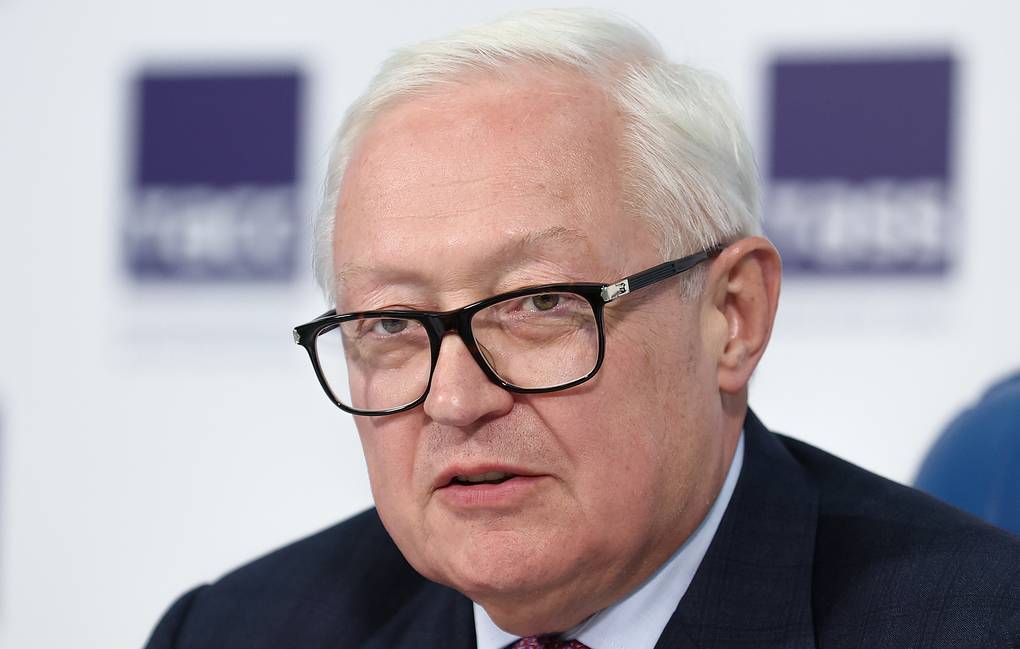Sergey Ryabkov emphasized that “weaning off the dollar through mutual settlement clearing schemes is a well-tested approach that needs further development and a multilateral character”

News Desk
MOSCOW: The recent BRICS summit in Kazan marked a significant transition as Russia officially handed over the responsibility of implementing strategies to reduce reliance on the US dollar to Brazil. Russian Deputy Foreign Minister and BRICS Sherpa Sergey Ryabkov announced this shift during a press conference, emphasizing that Russia has laid the groundwork for this initiative, formalizing various agreements aimed at “weaning off the dollar.”
Ryabkov outlined the sensitivity of this initiative, acknowledging the associated risks, particularly in light of potential illegitimate sanctions, including secondary sanctions. However, he expressed confidence in the solutions available to mitigate these risks, suggesting that the groundwork has been firmly established and is ready for implementation. “These are not just words but the result of work formalized in agreements,” he stated, reflecting the seriousness with which the BRICS nations approach this economic pivot.
The concept of mutual settlement clearing schemes has gained traction as a viable method to bypass the dollar in international trade. Ryabkov noted the existence of alternative systems that allow for mutual settlements outside the dominant SWIFT network, which he criticized as a monopolistic tool of Western financial hegemony. He called for these alternative systems to be further developed and integrated, creating a robust network to enhance economic cooperation among BRICS nations.
Among the practical measures proposed are initiatives like BRICS Bridge, BRICS Clear, and BRICS Reinsurance. These concepts have matured under Russia’s presidency and are now integral elements of the cooperative agreements among BRICS leaders and their teams. Ryabkov underscored the importance of enhancing the use of national currencies in trade, asserting that this de-dollarization strategy is both “direct and effective.”
Additionally, Ryabkov highlighted the need to address currency digitalization, indicating that this will be a focus moving forward. He urged BRICS members to transition from theoretical discussions to practical implementation, expressing optimism about the positive experiences being accumulated in this area.
The overall sentiment emerging from the summit reflects a unified commitment among BRICS nations to forge a path towards greater economic autonomy, reducing their vulnerability to external pressures and sanctions by diversifying their financial interactions. As Brazil takes the lead in this endeavor, the world will be watching closely to see how these strategies unfold in the coming months.



